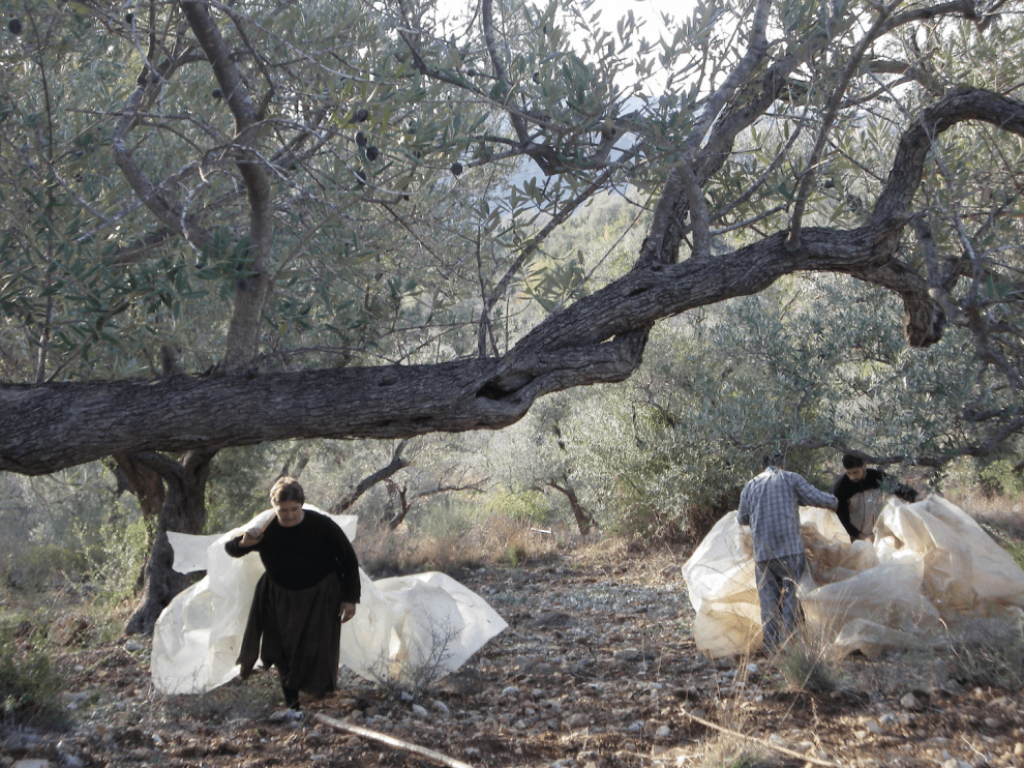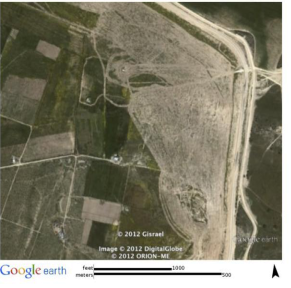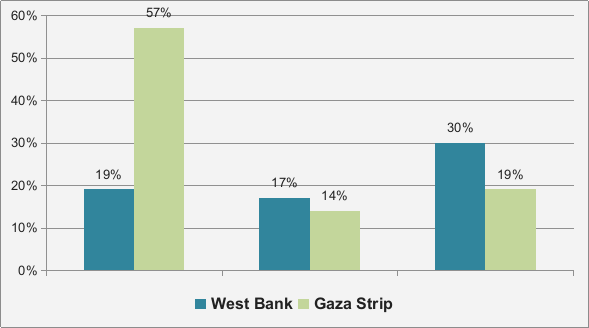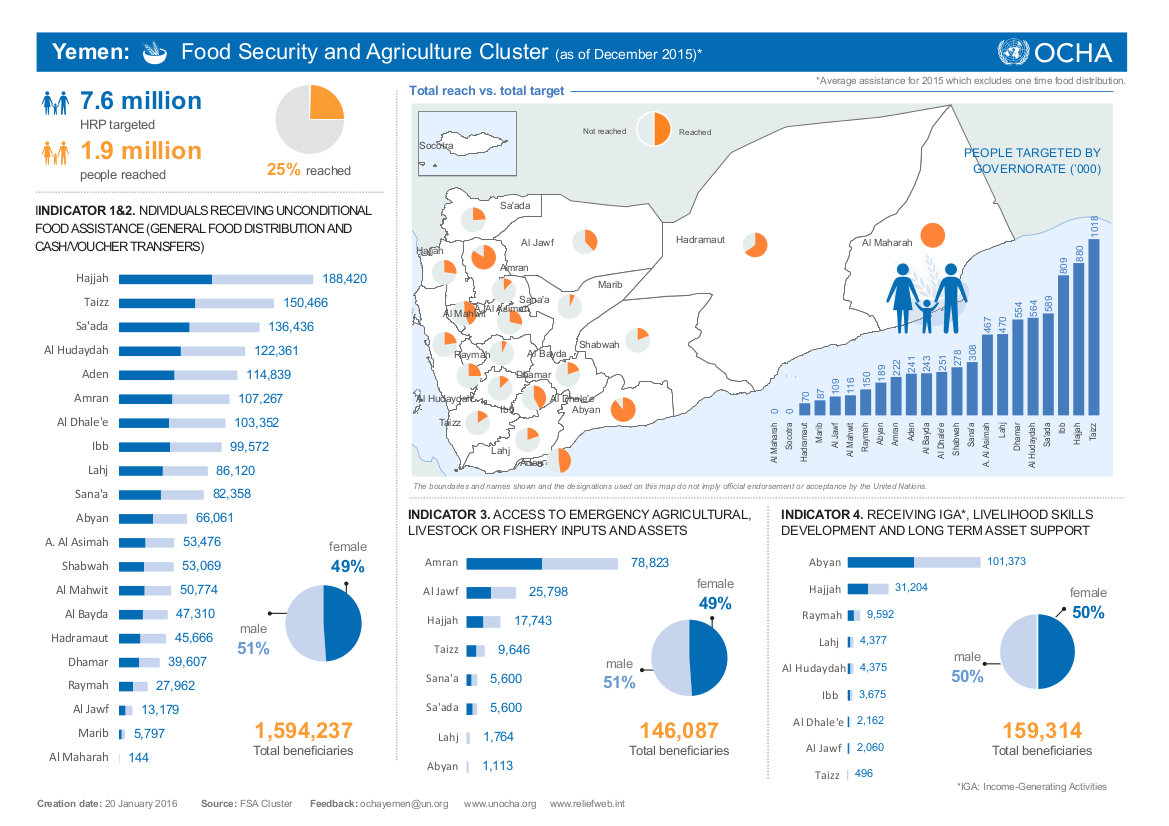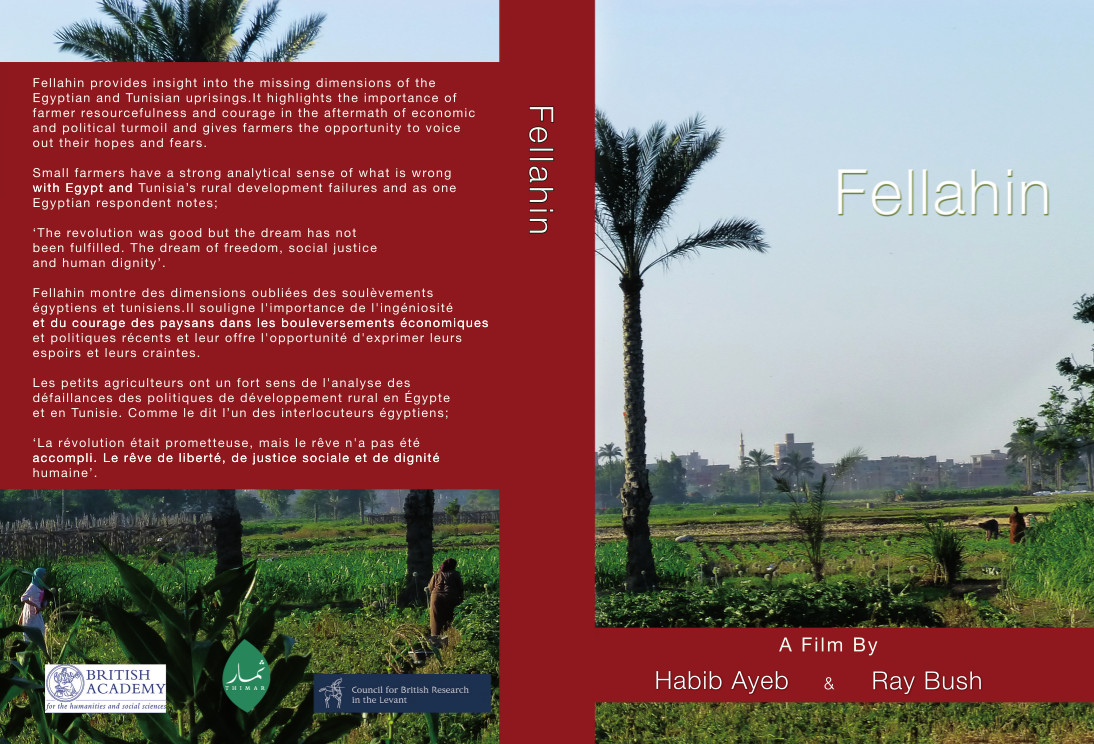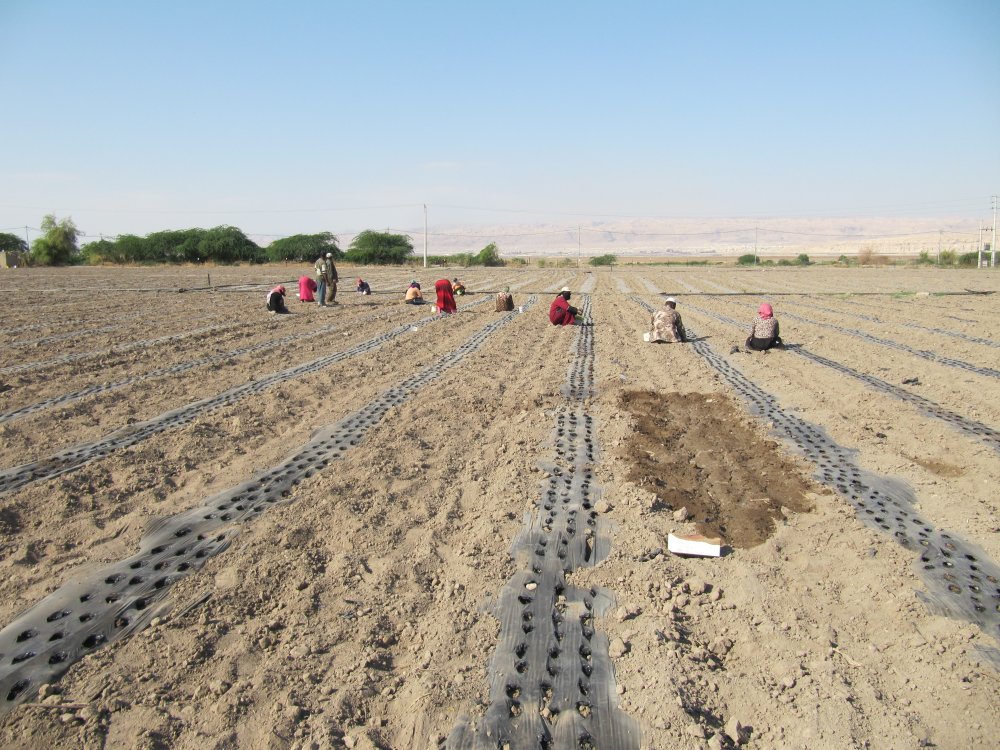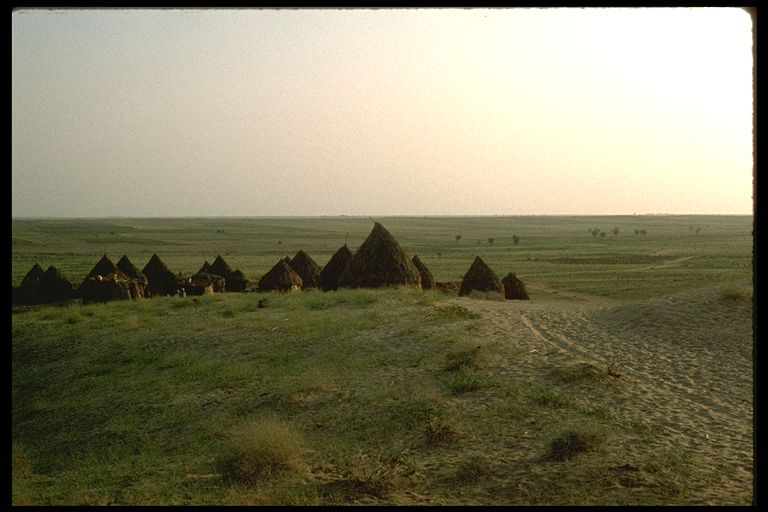L’État ferme
A documentary on Syrian state farms
Since the 1960’s, the Syrian state built large scale irrigation schemes on the Euphrates river. The Al-Assad Establishment is one of the most important of these large scale projects. From 1980 onward, it was operated as a state farm. Its creation profundly transformed the pattern of agricultural production but also the social structures and everyday life of farmers.
In 2000, its decollectivization caused a second upheaval of social structures. Inhabitants, who were employees whith strict schedules, received three hectare plot per family and became more independant, but also more responsible for their incomes and their everyday life.
Taḥawwul fiy al-maṣiyr (L’État ferme), 2011, by Martine Tabeaud and Xavier Browaeys, University of Pantheon-Sorbonne, 37 min.

